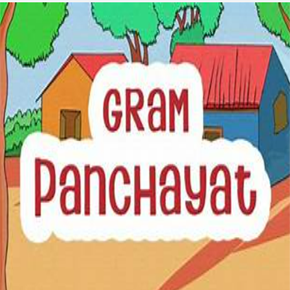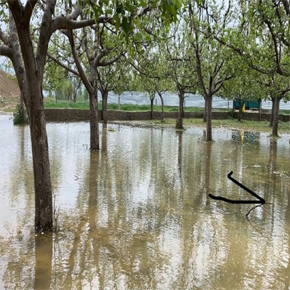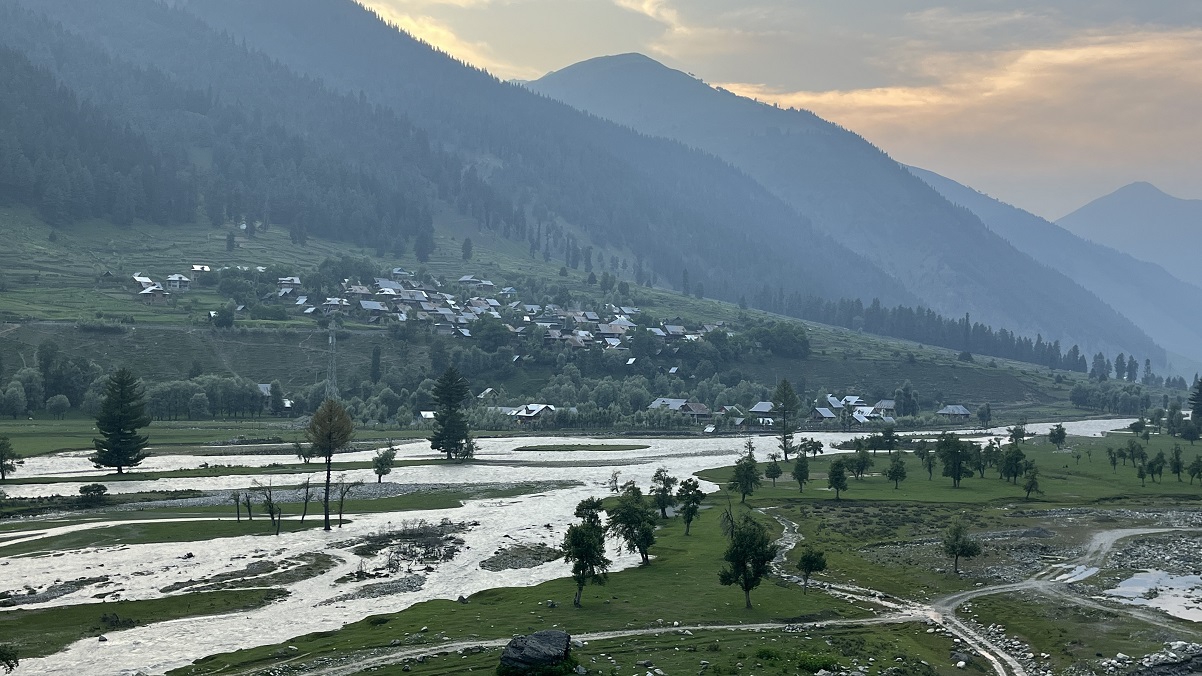Introduce Kashmiri in Central Govt Schools Across Kashmir.
THE Multilingual Education system is being propagated at international level as experts say that speaking more than one language keeps the brain healthy. Children who speak multiple languages, especially their mother language, give them better access to multiple cultures along with their own. Multilingualism has been proven to help a child develop superior reading and writing skills. The children with multilingual skills have overall better analytical, social, and academic skills than the children having unilingual skills. Even the international organisations like the UN have authenticated the fact that a multilingual education system with special focus on mother tongue is the best way of educating our children.
Mother tongue based multilingual education
The United Nations Educational Scientific & Cultural Organisation -UNESCO has been advocating for the mainstreaming of multilingual education based on mother-tongue. This helps better access to education for population groups that speak non-dominant languages, languages of minority groups like people of Kashmir when compared with the rest of India. Even the trust is given on indigenous languages as well which need to be promoted and propagated by including them in school curriculum. Multilingual education enhances the quality of education by underlining the importance of cultural and linguistic diversity as explained above. Multilingual education increases dialogue and interaction among learners and teachers. It facilitates participation and action towards sustainable development by giving access to new knowledge and new cultural expressions, thus ensuring global as well as local interaction on traditional and indigenous issues.
Inter Connected themes IMLD
The theme around this year’s International Mother Language Day (IMLD) 2023 which is focussed on Multilingual Educational system explores the potential of multilingualism to transform education from a lifelong learning perspective and in different contexts. This theme is shaped around three interconnected themes:
- Enhancing multilingual education as a necessity to transform education in multilingual contexts from early childhood education and well beyond;
- Supporting learning through multilingual education and multilingualism in our fast-changing global contexts and in crisis situations including emergencies contexts;
- Protecting and promoting the languages that are on the verge of extinction in different parts of the world and there is a possibility that these languages might disappear in the years to come. The main aim of celebrating the International Mother Language Day is to contribute to achieving Goal number 4 of Sustainable Development Goals (SDGs). Infact education is the heart of the 2030 Agenda for Sustainable Development. It is identified as a stand-alone goal and is also present as targets under other SDGs on health, growth and employment, sustainable consumption and production, and climate change.The SDG 4 focuses on:
- Ensuring lifelong learning opportunities for all, from early childhood to adult education;
- Ensuring equity, inclusion and gender equality;
Ensuring effective learning and the acquisition of relevant knowledge, skills and competencies; - Ensuring the relevance of learning, in terms of vocational and technical skills for decent work as well as for global citizenship in a plural and interconnected world.
J&K Official Languages Act 2020
Keeping Multilingual educational needs into consideration the Govt of India declared Urdu, Kashmiri, Dogri, Hindi and English as the official languages of Jammu & Kashmir. The Jammu and Kashmir Official Languages Bill, 2020 was introduced in Lok Sabha on September 22, 2020. It became a law when the bill was passed by Lok Sabha and Rajya Sabha. This act received the assent of the President of India on September 26th 2022. This law was enacted to declare certain languages as official languages of the Union Territory of Jammu & Kashmir which include Kashmiri, Dogri, Urdu, Hindi and English. It was declared that English be used as the official language for the official purposes of the union territory of Jammu & Kashmir and the business in the Legislative Assembly of the union territory will be transacted in these official languages. The law clarifies that English may continue to be used in the union territory for those administrative and legislative purposes for which it was being used before the commencement of the Act.
Kashmiri not introduced in Central schools
Even as Kashmiri or Urdu happen to be the official languages of Jammu & Kashmir , the same are not taught in the central Govt schools operating in Kashmir and Kashmiri speaking areas of Jammu. There are nine Kendriya Vidyalaya schools in Kashmir valley but not even a single school has formulated a plan to introduce Kashmiri in their school curriculum. Same is the case with seven Jawahar Navodaya Vidyalayas operating in Kashmir valley. Even some private schools having CBSE curriculum like DPS Baramulla & DPS Anantnag have also failed to introduce Kashmiri in their school. But I appreciate DPS Srinagar and Budgam for their role in promotion of Kashmiri and Kashmiri culture in their schools. In many states the Kendriya Vidyalaya have introduced local regional languages in their school curriculum but no steps are taken for this in J&K whether it is Dogri or Kashmiri. Few years back the Kendriya Vidyalaya Sangathan (KVS) had agreed to keep Assamese language as a regular subject to be taught within the school hours for about 2 or 3 periods per week. The move came after a meeting of top CBSE officials and Assam Sahitya Sabha. Pertinently CBSE in a circular issued in 2019 stressed and made it compulsory for all schools affiliated to CBSE to introduce local regional language in the curriculum on the following grounds:
- If at least 15 or more students opt to study an additional language, the teaching of the additional language may be taken up by the respective schools as per requirement beyond the school hours. Teaching staff and all other facilities such as classrooms, etc for the teaching of the additional language(s) should be made available.
- The Principals may be directed to make a comprehensive assessment of the requirement of teaching of the additional language(s) and evolve appropriate modalities in consultation with stakeholders.
Shina included in Gurez schools
Shina is a Dardic language spoken mostly in Gilgit, some parts of Baltistan and Chitral in Pakistan. In Jammu & Kashmir this language is spoken by a minority group who live in Gurez, Drass, some parts of Kargil and Chanderkot in Ramban. Shina was only a dialect until recently and had no defined text (lippi). As the new generation of Shinas were more focussed on Urdu and English, some local people decided to create a script (lippi) for Shina so that the Shina would not vanish from Gurez and other areas. A local NGO Dard Shin Development Organisation played a great rold in introducing Shina language in schools. Its former General Secretary Mohammad Ramzan Khan who is nomore with us now was the man behind this great mission. He did a great work along with people like Masood Samoon , Abdul Jabbar Chakkat and others to keep Shina alive. This language is now taught in Govt schools of Gurez as the JK Board of School education created text books for the school students as well. Shina was on the verge of getting extinct, but with the efforts of some local people, this language got a new life.
Conclusion
The Mother’s tongue is vital in framing the thinking and emotions of people. Learning to speak in the mother tongue is very necessary for a child’s overall development. Being fluent in the mother tongue, benefits the child in numerous ways. It associates him with his culture, ensures holistic development, and supports the learning of other languages. The UN has chosen “Multilingual Education – a necessity to transform Education” as theme of this year’s International Mother Language Day which is celebrated across the world on Feb 21st every year. Multilingual education contributes to the development of inclusive societies. This allows better understanding of multiple cultures, worldviews and knowledge systems which help for better coexistence & conjunction. The central Govt schools like KVs, JNVs operating in J&K along with other CBSE schools who are yet to introduce Kashmiri or even Urdu in their school curriculum must start working on it soon.

























































































